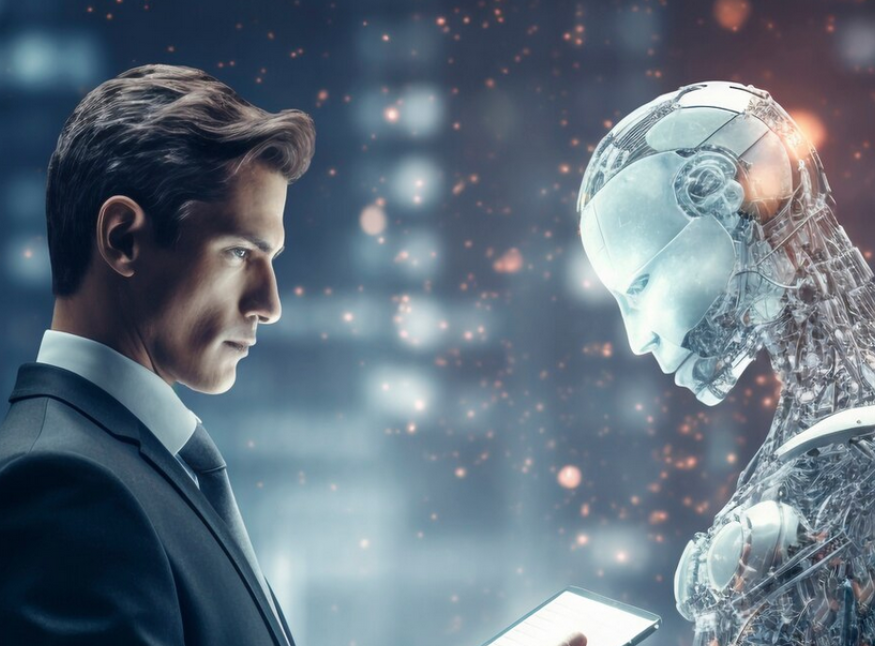Direct, Indirect, and Excise Taxes in India
25 Feb, 2525
Artificial Intelligence (AI) is transforming industries worldwide, and with its rapid advancement, the question of patent protection for AI-generated inventions has gained prominence. In India, patent laws are evolving to address AI-related innovations while balancing human inventorship and technological progress.
A patent is an exclusive legal right granted to an inventor for a new and useful invention. It allows the inventor to prevent others from making, using, selling, or distributing the patented invention without permission for a specified period, typically 20 years from the filing date.
Patent protection in India is governed by the Indian Patents Act, 1970, along with amendments that align it with international agreements like the TRIPS Agreement. However, India does not yet recognize AI as an inventor, requiring human involvement in patent applications.
Currently, under Indian law:
AI cannot be listed as an inventor since patents require human contribution.
AI-assisted inventions can be patented if they meet legal requirements.
Software-related AI inventions must have a technical effect or technical contribution to be patentable.
To qualify for a patent, an AI-based invention must satisfy the following conditions:
Novelty: The invention must be new and not disclosed before.
Inventive Step (Non-Obviousness): It should not be an obvious improvement over existing knowledge.
Industrial Applicability: The invention must have practical use.
Patentable Subject Matter: It must not fall under non-patentable categories defined in Section 3 of the Patents Act, such as abstract mathematical algorithms.
AI as an Inventor: Indian law does not recognize AI as an independent inventor, requiring human attribution.
Software Patent Restrictions: AI algorithms and software by themselves are not patentable unless tied to a technical process.
Ethical Concerns: The originality of AI-generated inventions raises debates on ownership and accountability.
Examination Complexity: Patent offices face challenges in evaluating AI-related innovations due to their technical intricacies.
United States: The USPTO requires human involvement in AI-generated inventions.
European Union: The European Patent Office (EPO) follows similar guidelines, rejecting AI as an inventor.
China: China has shown openness to AI-related patents, particularly in software-driven applications.
As AI continues to evolve, India may need to update its patent laws to address AI-generated inventions. Possible developments include:
Recognizing AI as a co-inventor alongside humans.
Establishing new guidelines for AI-generated innovations.
Creating a framework for ethical and legal AI ownership rights.
AI-driven innovation is shaping the future, but current patent laws in India still require human inventorship for recognition. While AI-assisted inventions can be patented if they meet legal criteria, challenges remain in defining ownership and ensuring compliance with patent laws. As AI technology advances, India may need to adapt its legal framework to accommodate emerging AI-related innovations.
0 Comments